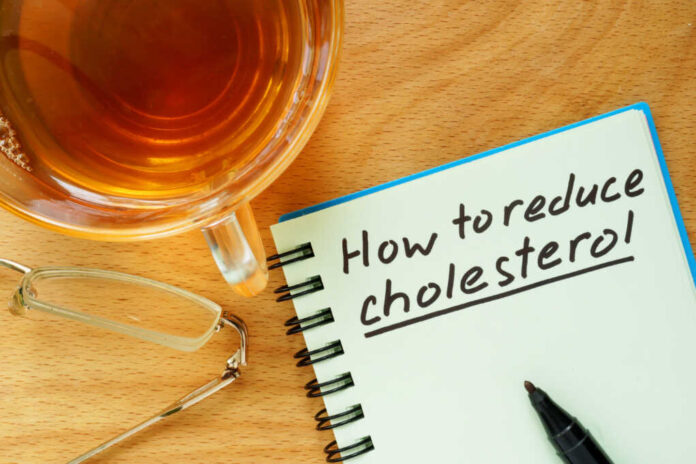
High cholesterol is a stealthy health risk, often going unnoticed until significant damage occurs.
Understanding how to manage and reduce cholesterol is critical, not only for heart health but for overall well-being.
- Understand Your Cholesterol
Cholesterol is not necessarily a dietary “villain”. In fact, it is a vital ingredient for building healthy cells and producing hormones. However, an imbalance, particularly in LDL (low-density lipoprotein) or ‘bad’ cholesterol, elevates the risk of heart disease.
2. Embrace a Heart-Healthy Diet
The foods you eat directly influence your cholesterol levels. For example, foods rich in omega-3 fatty acids, soluble fiber, and healthy fats can significantly improve cholesterol levels. Prioritize fish, nuts, seeds, legumes, and other plant-based foods, and reduce intake of saturated fats found in red meat and full-fat dairy products.
3. Exercise Regularly
Physical activity is a potent tool for cholesterol management. Regular exercise, especially aerobic activities, can help raise HDL (high-density lipoprotein) or ‘good’ cholesterol, while reducing LDL levels (the ‘bad’ cholesterol. Aim for around 25 minutes each day, or at least 150 minutes of moderate-intensity exercise per week.
4. Lose Excess Weight
Even a modest weight loss of 5-10% of body weight can lead to significant improvements in cholesterol levels. But you’ll still need to focus on sustainable lifestyle changes rather than quick fixes.
5. Quit Smoking
Smoking cessation brings immediate benefits to cholesterol levels. It improves the vital lining of blood vessels and increases HDL(good cholesterol) levels. And of course, quitting smoking has a host of other health benefits, including reduced risk of chronic disease and cancer.
6 Limit Alcohol Consumption
Contrary to popular belief, moderate or light drinking of alcohol does not provide any health benefits. The risks associated with light drinking (not more than 2 drinks in a day, and not more than 10 drinks in a week) are generally low, but you are still better without it. Excessive drinking especially, can lead to significantly higher levels of LDL cholesterol.
7. Explore Plant Sterols and Stanols
These naturally occurring substances found in small amounts in many fruits, vegetables, nuts, and seeds can help lower LDL cholesterol. They seem to work by blocking the absorption of dietary cholesterol in the digestive system. Many foods and supplements are now fortified with plant sterols and stanols.
8. Consider Fiber Supplements
If your diet lacks sufficient fiber, supplements can be a practical choice (but keep in mind, whole plant-based foods are more helpful than supplements). Soluble fiber, found in psyllium husk and other products, can help lower LDL cholesterol by interfering with its absorption.
9. Manage Stress
Chronic stress can negatively impact cholesterol levels. Stress management techniques like meditation, creative art practices, or even simple deep breathing exercises can contribute to better heart health.
10. Regular Health Check-Ups
Monitoring cholesterol levels through regular check-ups is crucial. It helps in making informed decisions about diet, lifestyle, and, if necessary, medication.
11. Medication When Needed
In some cases, lifestyle changes alone aren’t enough to lower cholesterol to desired levels. Statins and other cholesterol-lowering medications can be effective. However, they should be used as part of a comprehensive lifestyle approach and under medical supervision.
Cholesterol management is a lifelong commitment. The journey to lower cholesterol is not just about avoiding certain foods or activities. It’s also about creating a balanced, healthy lifestyle that nurtures your body and mind.






















